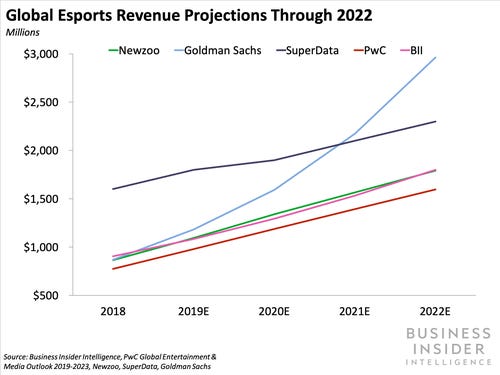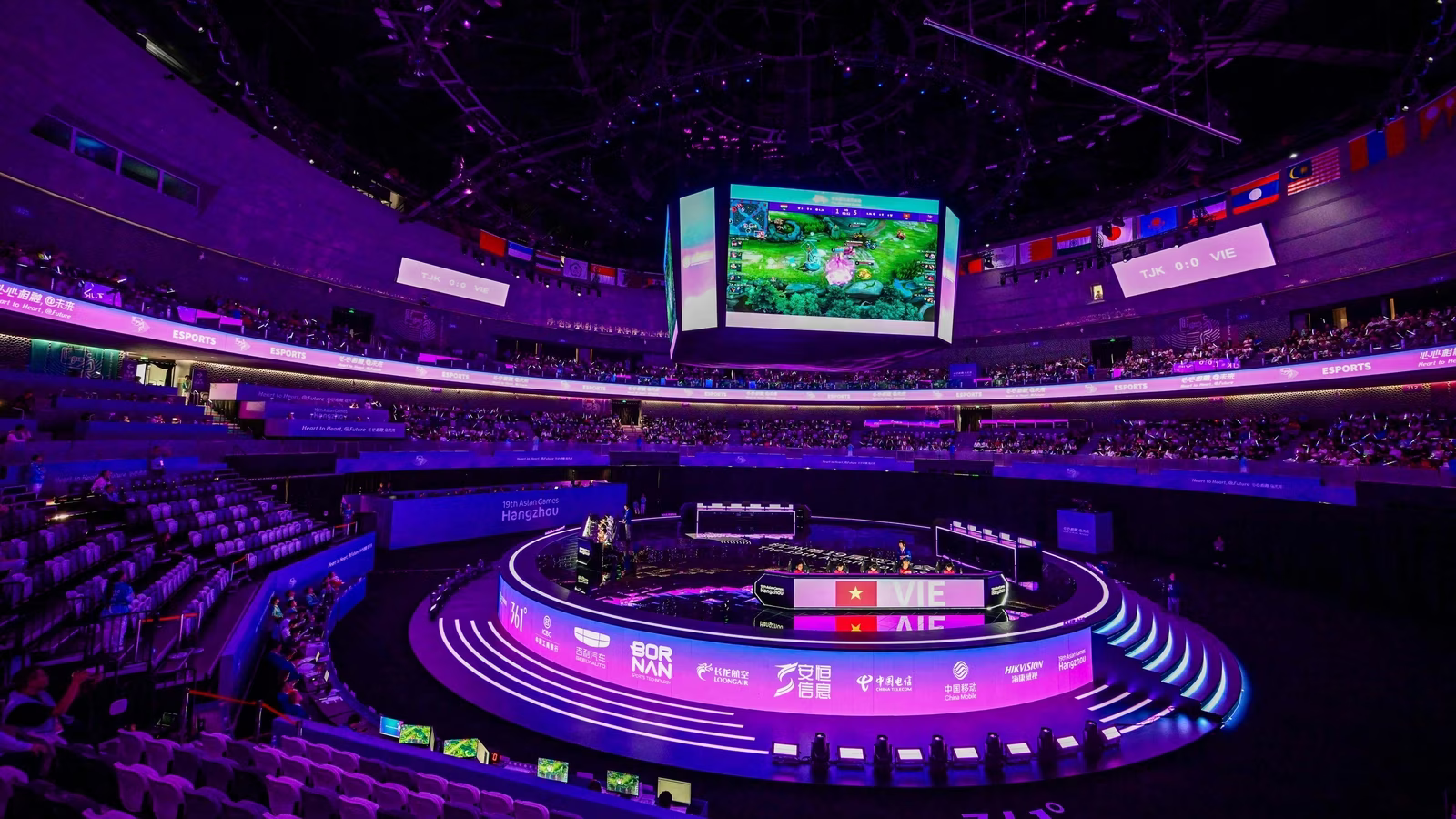In recent years, there has been a noticeable trend of traditional athletes diversifying their portfolios and venturing into the dynamic world of esports. Once confined to the realm of video game enthusiasts, esports has now become a lucrative industry that attracts not only gamers but also professional athletes seeking new opportunities. This strategic shift can be attributed to several compelling factors that make investing in esports an attractive proposition for athletes.
First and foremost, the global esports industry has witnessed explosive growth, with a rapidly expanding fan base and substantial financial backing. The esports market is projected to reach unprecedented heights, with a projected revenue of billions of dollars in the coming years. Athletes, recognizing the immense potential, are capitalising on this growth by investing in esports organisations and teams.
Moreover, the convergence of traditional sports and esports is breaking down barriers, creating synergies that benefit both industries. Athletes bring valuable experience in discipline, teamwork, and competition to the esports arena, enhancing the overall professionalism and legitimacy of the gaming world. This cross-pollination of skills is fostering collaborations between athletes and esports professionals, resulting in the development of hybrid initiatives that appeal to a broader audience.
The esports sector has attracted attention from traditional sports leaders over several years. In 2015, Andy Miller, co-owner of the Sacramento Kings, established NRG Esports, the owner of teams such as the Chicago Huntsmen and San Francisco Shock. Notably, Miller brought prominent athletes like Shaquille O’Neal and Alex Rodriguez into the esports realm. Major sports franchises, including those behind the Golden State Warriors, Philadelphia 76ers, and Cleveland Cavaliers, have also invested in esports organisations. Even basketball star Steph Curry of the Golden State Warriors joined the trend by investing in TSM.
WHY ARE ATHLETES INVESTING IN ESPORTS?
Esports, or professional gaming, is experiencing a figurative gold rush. According to Business Insider, total esports viewership is expected to grow at 9% CAGR between 2019 and 2023. This growth reflects a near doubling of viewership in six years – the esports audience in 2017 was roughly 335 million. Business Insider estimates the esports audience will reach 646 million in 2023.

Athletes are more frequently utilising their earnings from professional sports leagues to engage in various investment opportunities. Through leveraging substantial financial resources and a well-established personal brand, athletes can swiftly transform their influence into prosperous enterprises. A notable illustration is Shaquille O’Neal, the basketball icon who, at one point, owned 155 Five Guys burger franchises. Shaq has further expanded his investment portfolio by recently joining the Board of Directors of Papa John’s, where he invested in nine stores and assumed the role of an official spokesperson.

Shaq has personally put his money into an esports team, NRG Esports. Capitalising on his charismatic personality, he provides more than just financial support, offering unique marketing and promotional advantages only someone of his stature can deliver. When NRG introduced the signing of Fortnite sensation Clix, Shaq took a prominent role, producing content alongside NRG’s Benjyfishy. Athletes investing in esports teams have the potential to generate crossover promotions, unveil significant announcements, and establish the team and its players as genuine athletes.
More recently, a growing number of athletes have ventured into creating their own esports organisations. David Beckham, for instance, founded Guild Esports in June 2020, and the company has already gone public on the London Stock Exchange, securing an impressive $52.3 million. Juju Smith Schuster, a dedicated gamer and wide receiver for the Pittsburgh Steelers, recently launched his esports organisation, Diverge Esports. Other athletes at the helm of their esports organisations include Jeremy Lin and Jonas Jerebko.

Conclusion:
In conclusion, the decision of athletes to invest in esports is a strategic move driven by the industry’s explosive growth, the convergence of traditional sports and gaming, increased mainstream visibility, accessibility, and the allure of technological innovation. As these two worlds continue to intertwine, the symbiotic relationship between athletes and esports is likely to yield exciting developments that redefine the landscape of sports and entertainment.



